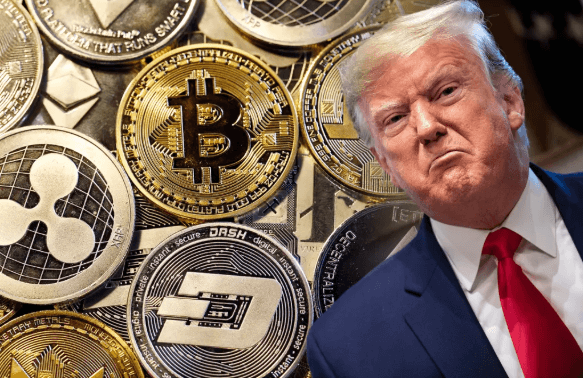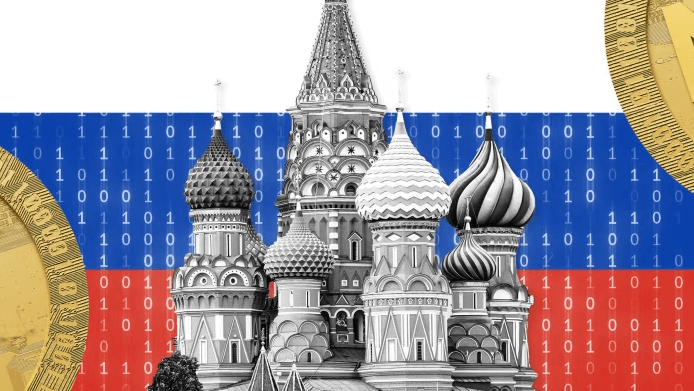In a move that has sparked outrage across regulatory circles and the crypto community, the Trump administration’s Department of Justice (DOJ) has officially ceased prosecuting cryptocurrency-related fraud. The decision, which coincides with the disbandment of the DOJ’s National Cryptocurrency Enforcement Team (NCET), marks a dramatic retreat from previous federal efforts to crack down on digital asset crimes.

According to internal communications, the Trump-appointed leadership at the DOJ believes that enforcement efforts targeting cryptocurrency fraud have yielded “diminishing returns” and no longer align with the department’s strategic priorities. As a result, existing investigations into fraudulent token sales, exchange manipulation, pump-and-dump schemes, and wallet thefts will either be closed or transferred to local jurisdictions — many of which lack the technical capacity to handle such complex cases.
Critics say the decision is not only short-sighted but dangerous, leaving the door wide open for malicious actors to exploit regulatory loopholes and prey on retail investors.
“This is a gift to scammers,” said one former senior official at the DOJ. “Crypto fraud has cost Americans billions of dollars, and the federal government is now walking away from its responsibility to protect them.”
Consumer protection groups have also condemned the move, warning that the rollback will embolden criminals in a market already plagued by opacity and volatility. According to data from blockchain analytics firms, crypto scams and fraud caused over $14 billion in damages globally in the last year alone.
Some regulators have responded swiftly. The New York Attorney General’s office issued a statement reaffirming its commitment to aggressively prosecute crypto crime within its jurisdiction. Meanwhile, the Securities and Exchange Commission (SEC) and Commodity Futures Trading Commission (CFTC) have hinted at increasing their own enforcement efforts to fill the vacuum left by the DOJ.
The timing of the DOJ’s pivot raises eyebrows as former President Trump and his associates have been linked to several cryptocurrency ventures. Critics argue that the withdrawal from prosecuting fraud could signal a conflict of interest or a broader policy of deregulation that benefits high-risk speculative markets at the expense of consumer safety.
“The message this sends is clear: crypto criminals have nothing to fear from the federal government,” said a leading financial watchdog. “And unfortunately, it’s the American public who will suffer the consequences.”
Industry leaders are divided. Some applaud the move as a step toward regulatory easing that could spark innovation and growth in the U.S. crypto sector. “Federal overreach has been stifling startups,” said one crypto founder. “Scaling back prosecutions allows space for legitimate projects to grow without fear of arbitrary crackdowns.”
Others, however, warn that loosening enforcement without a replacement framework will only deepen uncertainty. “We don’t need zero regulation,” said another crypto executive. “We need smart regulation. And this move takes us further away from that.”
As digital assets continue to evolve — and as global markets adopt clearer rules and frameworks — the United States now faces a growing risk of falling behind in both regulatory leadership and investor protection. Whether future administrations will reverse course remains to be seen, but for now, the DOJ’s message is loud and clear: cryptocurrency fraud is no longer a federal priority.
Disclaimer: This article is for informational purposes only and is not investment advice. Investors should research carefully before making any decisions. We are not responsible for your investment decisions.
















